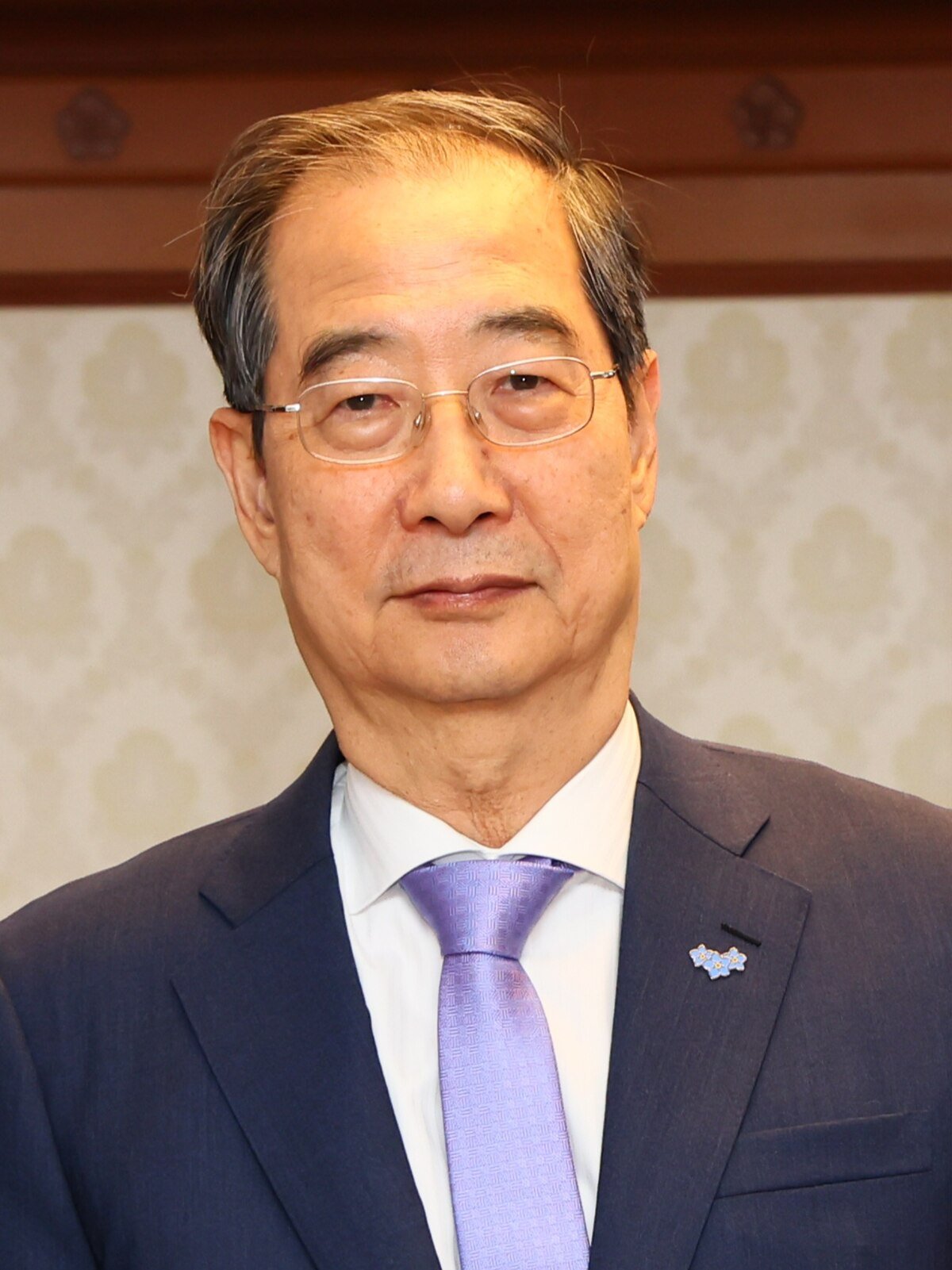
The head of Korea’s financial regulator on Wednesday called for coordinated pan-industry efforts to curb the rise in household debts.
Lee Bok-hyun, chief of the Financial Supervisory Service (FSS), insisted the efforts to limit the increase in household loans may fail unless all lenders joined such efforts.
“I understand the banking sector, too, has recently begun taking voluntary steps to manage risks, recognizing the importance of maintaining household loans at a safe level,” he said in a meeting with bank officials, customers and financial experts.
“There, however, exist concerns for the balloon effect as information on loans circulates at a rapid rate, and so there need to be coordinated efforts by all financial institutions, including not only banks but also insurance firms and small lenders,” to curb household loans, Lee added.
Major lenders here have recently increased their lending rates, while household loans extended by the five largest banks here — KB Kookmin, Shinhan, Hana, Woori and NH Nonghyup — jumped by more than 9.6 trillion won ($7.15 billion) from a month earlier in August, the largest on-month increase since January 2016.
Banks have also been required to apply tightened curbs, known as the stress debt service ratio (DSR), to their mortgage loans starting this month, reducing the amount of a mortgage loan each borrower can take out.
Lee reiterated the need to limit the rise in household loans as part of efforts to prevent real estate speculation through a method known as “gap investment” but insisted such efforts must not limit actual or legitimate demand for loans that occur in the “process of normal real estate transactions.”
“For instance, I believe it is desirable to help protect the legitimate opportunity of consumers (to take out loans) once they are confirmed to have engaged in loan counseling or applied for a loan before the steps to tighten rules on household loans were taken,” he told the meeting, according to the FSS.
“The financial authorities, too, will carefully monitor transactions over bank counters while closely communicating with the financial sector to make sure there are no innocent victims, and also help stabilize the housing market by pushing for the smooth restructuring of real estate project financing loans.” (Yonhap)






